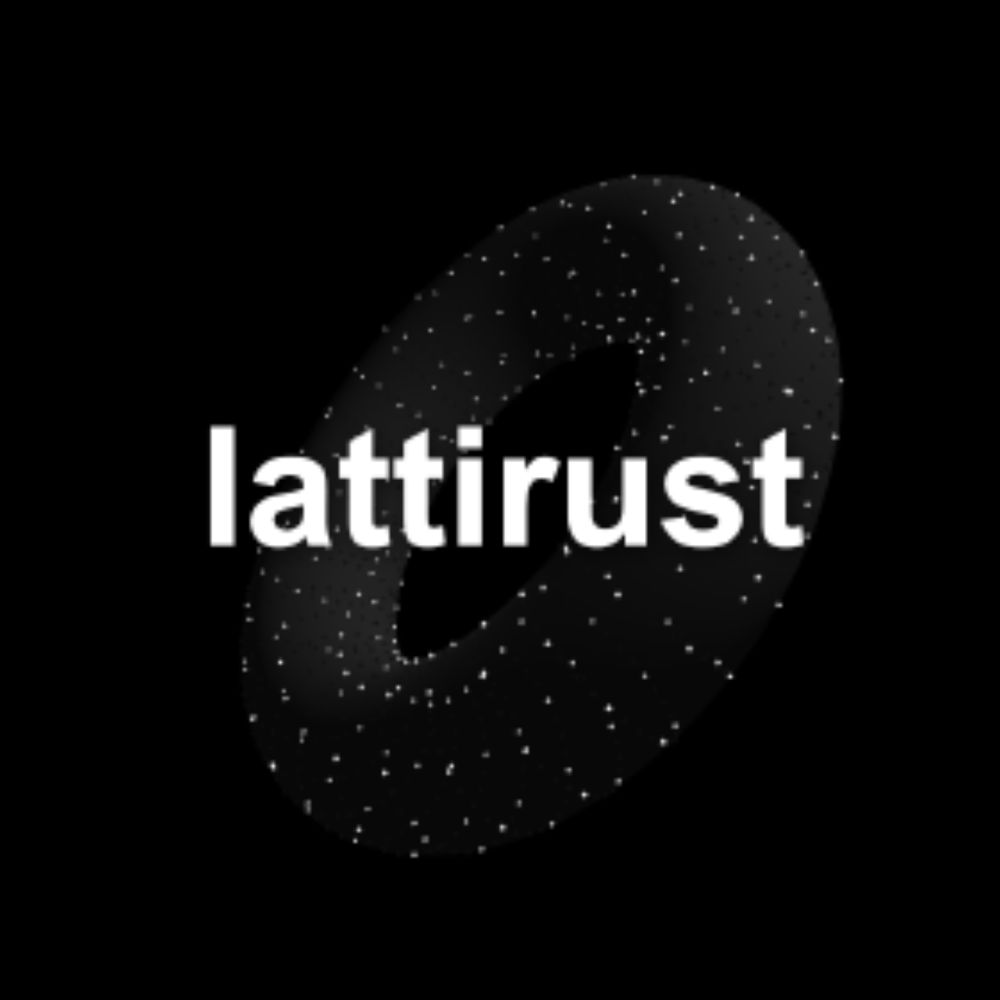Taking privacy-enhancing crypto (mainly zkSNARKs & FHE) from theory to practice, and back.
🇨🇭🇫🇷 🏳️🌈
➔ github.com/lattirust

➔ github.com/lattirust
and I built a folding scheme from (unstructured) lattice assumptions, which will be presented at Asiacrypt this week! (1/8)
and I built a folding scheme from (unstructured) lattice assumptions, which will be presented at Asiacrypt this week! (1/8)
Join us this Thursday at 6pm CET for an intro by Alessandro: discord.com/channels/740...

Join us this Thursday at 6pm CET for an intro by Alessandro: discord.com/channels/740...

